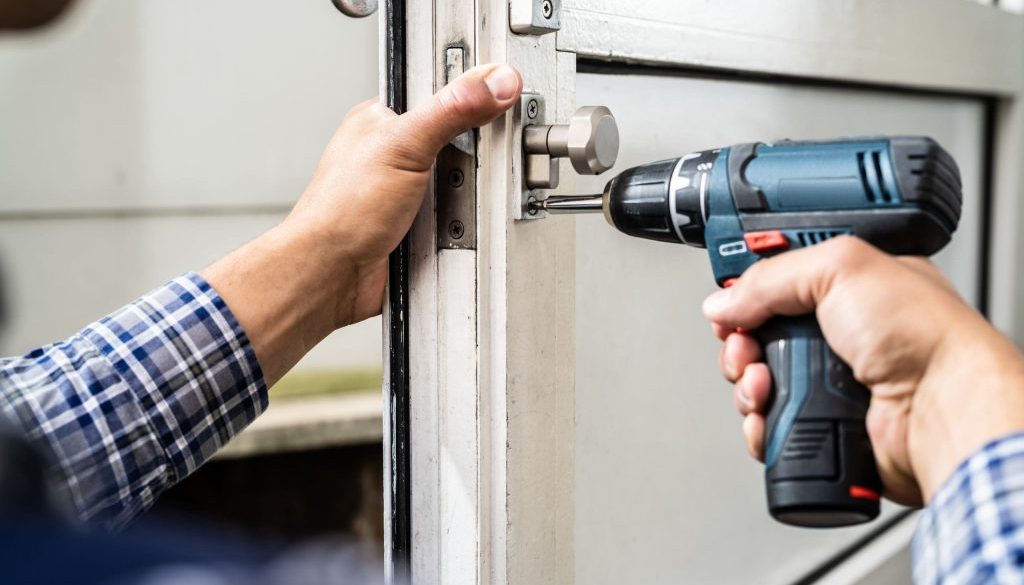Is it a Repair or an Improvement?
How to nail down current deductions
If your business completes minor repairs by December 31, you can deduct those costs on
your 2023 tax return. But different tax rules apply to improvements. As opposed to
repairs, improvements are capital expenditures that must be written off over time.
Safe Harbors
How can you tell whether work constitutes a repair or an improvement? It can be tricky.
Fixing a broken windowpane is clearly a repair, while adding an indoor parking facility is
obviously an improvement. But many expenses fall in between those two examples.
Fortunately, IRS tangible property regulations offer more clarity.
Notably, the final regulations provide a safe-harbor rule under which you can currently
deduct for federal tax purposes amounts paid for tangible property if you deduct those
amounts for financial accounting purposes or in keeping your books and records.
However, a dollar limit applies:
- $5,000 if you have an “applicable financial statement,” generally meaning one
that’s audited by a CPA, or - $2,500 if you don’t have an applicable financial statement.
Additional rules apply that may limit or eliminate your current deduction for a particular
expense.
There’s also a small businesses safe harbor under which businesses with $10 million or
less in average gross receipts can elect to currently deduct improvements to a building
with an unadjusted basis of $1 million or less. However, the total amount paid for repairs,
maintenance and improvements to the building can’t exceed the lesser of $10,000 or 2%
of the unadjusted basis.
Further IRS guidance
Routine maintenance costs generally are deductible in the year in which they’re incurred.
An activity is “routine” if the business reasonably expects to perform it more than once
during the property’s useful life (more than once over a 10-year period for buildings).
Note: A business may capitalize these costs if this is consistent with its financial
statements.
In addition, the traditional rule that improvements are capitalized and depreciated over
time remains in place. But the regulations authorize a business to deduct some
improvements (for example, an HVAC unit) if they are properly segregated.
A potential tax trap
If your business makes repairs and improvements at the same time, be aware that the IRS
may lump the costs together as a general plan of betterment, causing you to forfeit a
current deduction for repairs. All else being equal, arrange repair work separately at
another time — preferably before 2024 if you want to reduce your 2023 tax liability.
Contact us for more information.
© 2023




